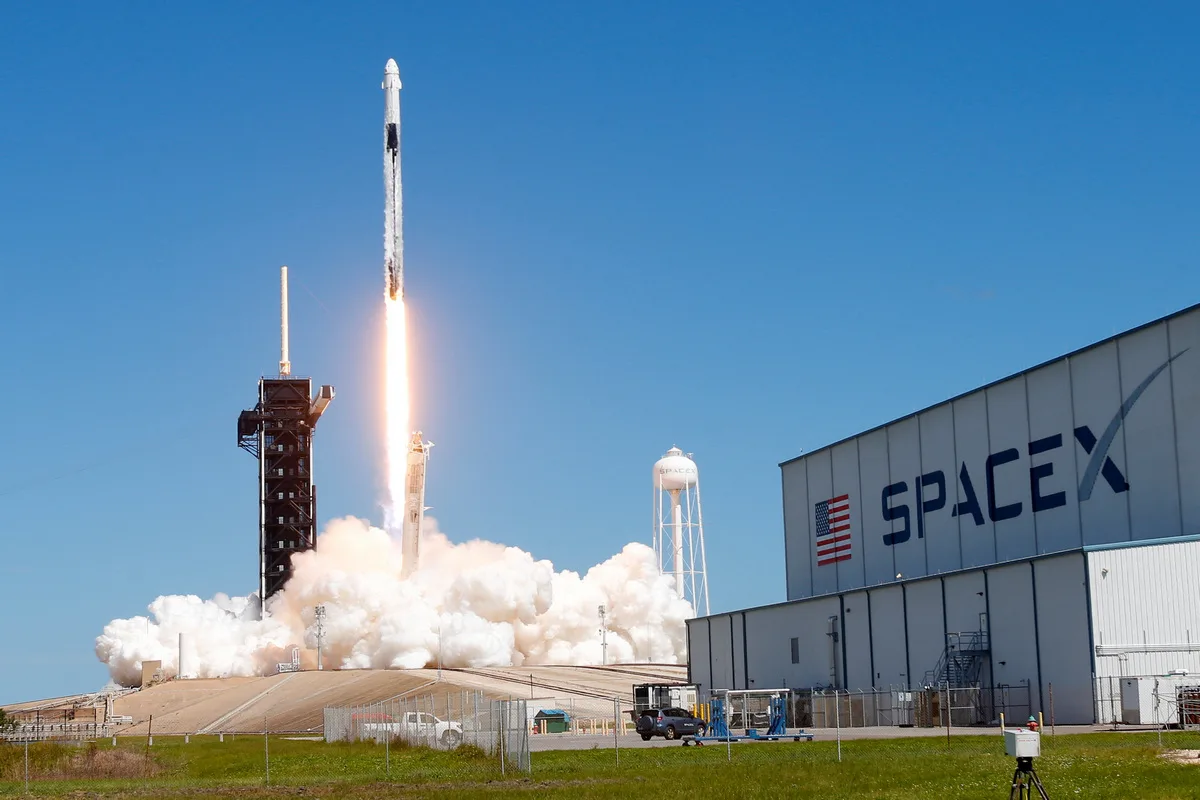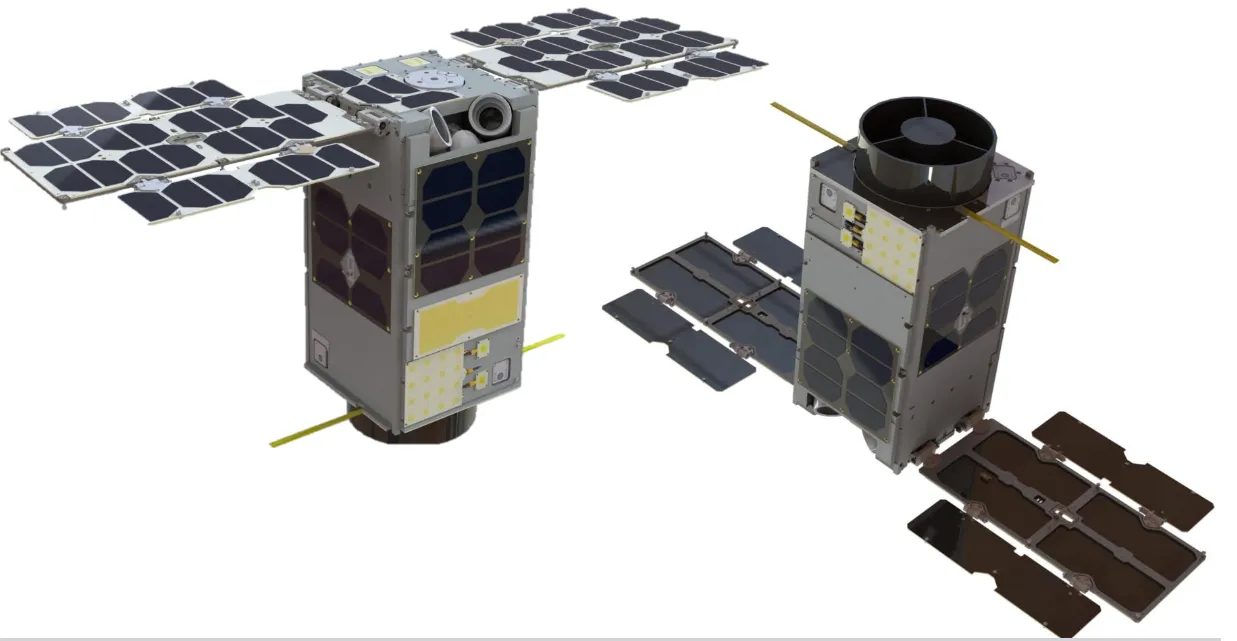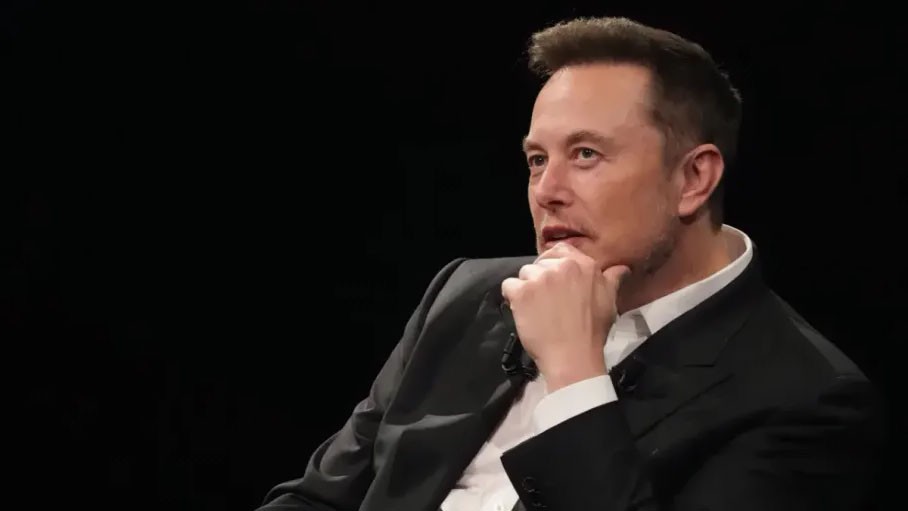Washington has ended weeks of uncertainty surrounding the leadership of the National Aeronautics and Space Administration (NASA). US President Donald Trump has confirmed Sean Duffy, a former congressman from Wisconsin, as acting administrator of the agency, as well as a media figure previously known as a participant in political talk shows and reality programs.
Duffy's appointment came after the sudden withdrawal of entrepreneur Jared Isaacman's candidacy, which had previously been actively promoted in the Senate. The decision on the replacement was made at the end of May, at the stage of approval in the upper house of Congress. Formally, the reason for the withdrawal of the candidacy is called "past connections", which caused doubts in the president. Later, in public statements, Trump criticized Isaacman for his interactions with Elon Musk and for his lack of support for the Republican Party. The president emphasized that Isaacman "never sacrificed to the Republicans," calling him a " staunch Democrat."
Isaacman, in turn, said that the president has the right to form a team that corresponds to his strategic priorities, but rejected the characterization given to him by Trump. He stressed that his donations were distributed between the two main parties of the United States, with more than 90 percent of the funds going to Republicans. According to him, this information was provided in advance in writing along with explanations when nominating his candidacy for consideration by the Senate.
Despite the public controversy, Isaacman supported the candidacy of Sean Duffy, saying that NASA "needs political support from someone the president trusts."
Duffy's appointment was a continuation of the trend in the White House's personnel policy, when key government positions are given to representatives of conservative media circles. Duffy is the second Fox News anchor to be named to Trump's government team in recent months, after Pete Hegseth. A similar approach to the formation of management structures was already evident in the first term of Trump: then a number of high-ranking officials, including Mick Mulvaney, combined several key positions. In the current administration, under a similar scheme, Secretary of State Marco Rubio temporarily serves as national security adviser and head of the Agency for International Development.
Duffy's appointment to the post of interim head of NASA may indicate the White House's intention to strengthen political control over the agency amid a large-scale reorganization, including budget cuts, personnel changes and a reorientation of priorities from scientific missions to manned programs. At a time when NASA is undergoing major structural changes, the new chief executive will need not only the loyalty of the administration, but also the ability to stabilize the agency in the face of institutional turbulence.












